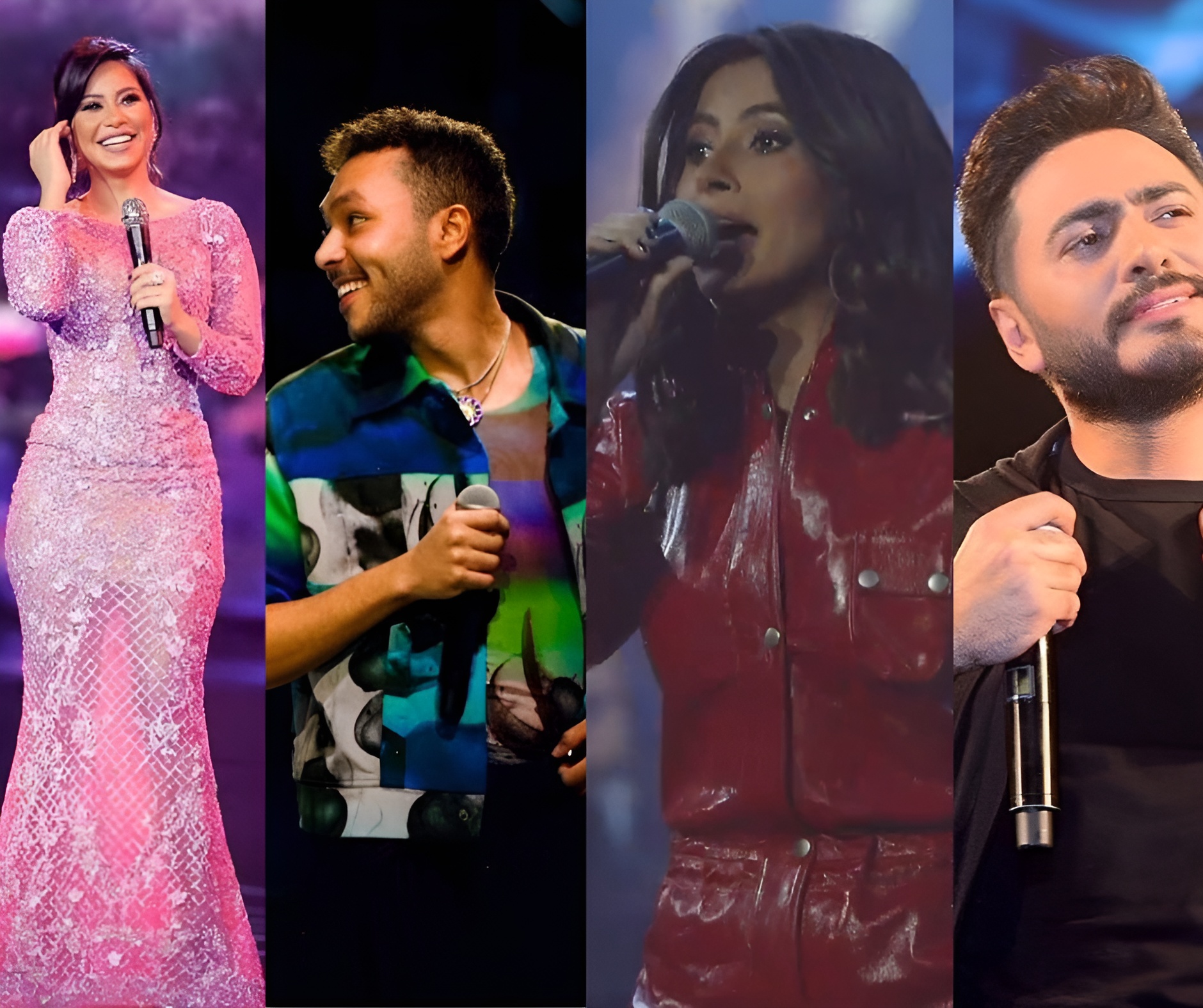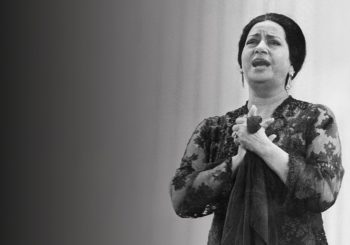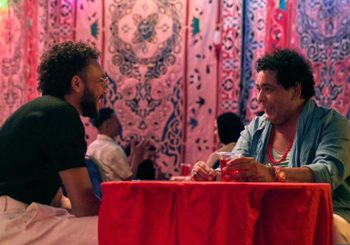More and more singers are appearing in films and TV series, and not only in cameos. Whether it is Egypt’s Tamer Hosny leading major box office hits, or global stars like The Weeknd and Harry Styles taking on full dramatic roles, the mic-to-movie move is no longer a surprise, it is becoming a pattern.
Does it reflect emerging trends in business, or dabbling in new forms of creativity, or both?
Local Stars: Egypt’s Leading Crossovers
In Egypt, Tamer Hosny has built a rare dual career, successfully balancing the charts and the box office.
His film debut in Halet Hob (State of Love, 2005) was followed by roles in Omar & Salma (2007), Ahwak (I Love You, 2015), and El Badla (The Suit, 2018), each showing a different side of his on-screen persona. His 2019 film El Feloos (The Money) pulled in over EGP 46 million. For Hosny, acting has not been a side project bu tan expansion of his creative brand. His fans follow him from the stage to the cinema, and his popularity in both spaces reinforces his cultural dominance in the region.
Another rising example is Wegz, the Egyptian trap star who made his acting debut in Bimbo (2021), a Shahid original series that mixed thriller and dark comedy.
While Wegz was already a household name in the music scene, his move into acting signaled a desire to evolve beyond the boundaries of rap. His performance was met with curiosity and excitement, resulting in positive feedback. Much like Tamer Hosny, Wegz is building a multidimensional public persona, appealing to both his music fans and new audiences discovering him through drama.
The crossover trend in Egypt is not limited to male artists.
Ruby, who first gained attention with her bold music videos in the early 2000s, has long been balancing her identity as both a singer and an actress. She has taken on roles in different types of genres: from dramatic historical pieces through starring in the 2019 Drama series Aho Da Elly Saar (Once Upon A Time) to her starring comedy shows like Group el Mommies (Mommies Group, 2023). She recently starred in the hit Ramadan TV series Ekhwaty (My Sisters, 2025) along with reputed stars such as Nelly Karim and Kinda Alloush.
Similarly, Sherine Abdel-Wahab, widely considered one of Egypt’s popular vocalists, ventured into acting with Taree’i (My Path, 2015), a TV drama inspired by her own rise to fame. Although she has kept her acting work selective, her performance was widely discussed and appreciated by fans who connected with her emotional delivery. The shift to screen allowed both Ruby and Sherine to go beyond visibility, and tap into deeper aspects of their artistry.
International Moves: Fame Beyond the Mic
Globally, the shift is just as visible.
The Weeknd recently made headlines with his leading role in The Idol (2023), and now, his performance in the upcoming film Hurry Up Tomorrow (2025) has been met with mixed, sometimes mocking, reactions on social media. While some question his acting range, others point out that even negative attention builds buzz. After all, in the entertainment world, visibility often matters more than perfection.
Harry Styles, who made a solid impression in Christopher Nolan’s Dunkirk (2017), returned to acting with a more prominent and controversial role in Don’t Worry Darling (2022). The film generated significant online discourse, not just about the story, but Styles’ performance and on-set drama. Though the reviews were polarized, the film’s visibility only increased his public profile.
Both figures are not lone examples, but they represent the multifaceted role entertainers usually adopt during their professional careers.
Why the Shift Happens
So why are more singers stepping onto film sets? A few reasons can be considered.
First, music and acting share emotional roots. Both are about storytelling and performance as singers perform and tell stories through their music videos. Jared Leto has once said to Far Out magazine in 2022: “these two paths are pretty different, but they both come from a creative place.”
“I think they (singing and acting) influence and affect each other only in the way that you learn something, and you can apply it to something else that you are doing,” Leto added.
Lady Gaga has also echoed the close relation between the two arts through telling Jimmy Kimmel Live! about her love for acting.
“I always wanted to be an actress, much more than I wanted to be a singer… I just always wanted to be an actress, but I really was terrible at auditioning,” said Gaga.
Second, shifting to acting enables career longevity.
Music trends shift fast, and sustaining a long-term career in one genre can be difficult. One example is Jennifer Lopez, who has balanced music and film for decades, and told the media that “acting is the love of my life… Every time I take on a role, it is only about becoming somebody that I’m not… the thrill of it for me.”
Cher, reflecting on a professional pivot when her music career was stagnating out, also once said said “I was dropped by my label and couldn’t get a job… I went to Las Vegas… I went to New York to study acting..”
Third, there is the brand factor.
Today’s artists are more than entertainers, they are perceived as entrepreneurs. Expanding into film allows them to grow their image across multiple platforms. The more people see entertainers, the more opportunities follow.
“It used to be that film stars did not want to do TV, and actors were not singing, and singers were not acting. Everybody is kind of crossing over to whatever they want to do,” Tika Sumpter, actress and film producer, noted about this increasingly fluid creative landscape.
Even Mark Wahlberg, whose transformation from rapper to A-list actor was dramatic, made the move intentionally. He carefully selected roles that distanced him from his early music image and helped him build “legit dramatic cred.”
Artistic Drive or Strategic Branding?
Not every transition into acting is smooth, and not all performances are praised.
Some artists face skepticism, especially when they seem to land major roles before fully proving themselves as actors.
In Mohamed Ramadan’s case, it is actually the opposite. He reached fame when acting in the movie Qalb el-Asad (Heart of a Lion, 2013). He then switched to singing when he released his song Number One in 2018 which has over 200 million views on YouTube, although eliciting mixed reactions. While his fan base embraced his versatility, others criticized his early performances, arguing that fame as an actor does not automatically translate into a singing talent.
But, he recently reached international heights through performing at Coachella 2025. Even then, he sparked controversy regarding his on stage outfit.
Still, for every critical tweet or meme, there is also a fanbase growing larger, and louder. Whether the goal is creative fulfillment or brand expansion, one aspect is certain: the modern artist is expected to do more than just sing.
In Egypt and around the world, the crossover from stage to screen is becoming less of an exception and more of an expectation







Comments (0)